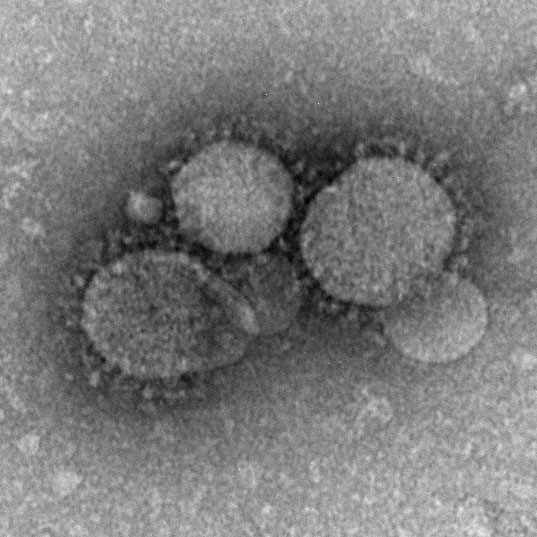Last week, I saw someone ask a very simple question on Facebook:
“If you could give one piece of advice to those starting undergrad next week, what would it be?”
The comments were interesting. Several people mentioned how grades, while positioned as the be-all and end-all during undergrad, are not a reflection of your worth or ability as a person. The advice that grades are important, so work hard and do your best, but do not let them dictate how you see yourself, is very good and definitely something people need to hear. On the other hand, this is easier said than done, as for that first position out of undergrad, grades are key to getting your application out of the pile (along with relevant experience/networking). Especially in research heavy fields, success begets success, and the better your grades are, the more likely you are to win awards and scholarships, which then gives you a better chance to win subsequent awards and scholarships. But I don’t think that’s the best advice you can get.
Someone else mentioned that you should spend your time networking, and diversify your viewpoints to encompass ideas and values beyond those that you’re familiar with. There’s definite value in this too. For some, going to college or university is the first time they will be exposed to people outside of their community, especially those who are going to pursue education in a new city, state, or country. The opportunity to broaden your horizons and learn from others, as well as respect and appreciate different viewpoints and value structures, is one that will help shape you as a person. Being able to look at issues from different perspectives, and to appreciate the value of these diverse outlooks will help develop your skills and make you a more well-rounded person. But this isn’t the most important advice I’d give someone entering or in undergrad.
 //embedr.flickr.com/assets/client-code.js
//embedr.flickr.com/assets/client-code.js
For me though, the best advice is that there is no fixed path to success. At the start of undergrad, many first years will have a rigid definition of what they want to do upon graduating: gain admission to medical or law school, getting a job with a top company upon graduation, or embark on graduate education in a specific field. However, in being laser-focused on a singular goal, you risk missing out on opportunities that will enrich your experience and provide you with new and valuable experiences. Seeking out additional experiences that come your way that seem interesting and fun at the time, and stepping off the beaten path to engage in those activities, can be valuable and helpful for developing your perspective. Sometimes those experiences with be positive and incredibly fun, and sometimes, those experiences will be the opposite. However, every experience, both positive and negative, is one you can grow from.
If you continue to do that which you enjoy and love and are passionate about, you’ll have the energy and motivation to push through the tough parts. And if you feel a sense of purpose and a belief in what you’re doing, then you’ll be motivated to go the extra mile and make it your own. The Canadian astronaut Chris Hadfield was asked about pursuing a career as an astronaut, and gave the following answer. It’s one that has stuck with me, and provides another perspective on this same issue.
Decide in your heart of hearts what really excites and challenges you, and start moving your life in that direction. Every decision you make, from what you eat to what you do with your time tonight, turns you into who you are tomorrow, and the day after that. Look at who you want to be, and start sculpting yourself into that person. You may not get exactly where you thought you’d be, but you will be doing things that suit you in a profession you believe in. Don’t let life randomly kick you into the adult you don’t want to become. – Chris Hadfield
Enjoy your undergrad. Enjoy every experience that comes your way, and seize every opportunity. But if, on your journey, you end up taking a path you didn’t expect at the start, don’t become disheartened. There are many paths that lead to your destination, and if you are doing that which you’re passionate about and interested in, every destination represents success.







